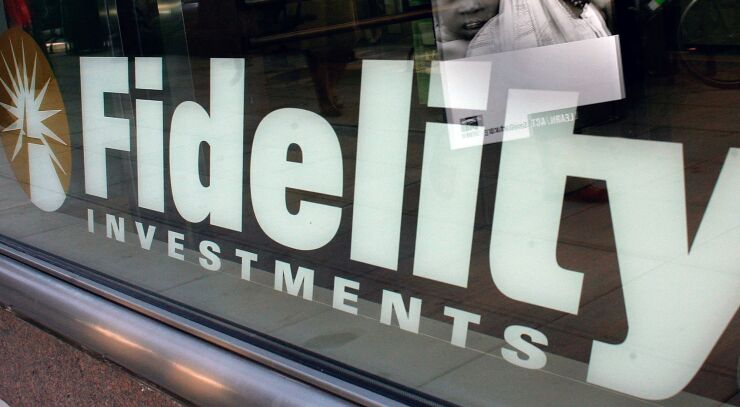Fidelity Investments wants to bring crypto to its workplace retirement plans.
The firm announced Tuesday it will have a product ready in coming months to allow 401(k) plan participants to direct a portion of their savings into bitcoin. Employers that decide to offer the option will choose what percentage of an employee’s account can be directed into crypto, up to a cap of 20%.
The workplace Digital Asset Accounts will be integrated into Fidelity’s online 401(k) platform, NetBenefits, with bitcoin held at Fidelity so that it has “institutional grade” security, the company said. While it’s starting with bitcoin, Fidelity’s program is structured so it can be used with other cryptocurrencies, according to David Gray, the firm’s head of workplace retirement products and platforms.
“We view this as the beginning, not the end,” he said. “We are preparing for the next generation of investors and what they might want from their retirement plan — we should expect that that will be different from the generation before them.”
Fidelity’s approach differs from that of ForUsAll, a far smaller 401(k) plan provider that partnered with digital currency exchange platform Coinbase Global on a product that launched last June.
ForUsAll’s product gives access to 50 different kinds of crypto via a brokerage window, which allows participants to invest outside of a plan’s core investment lineup. Those outside holdings don’t get the same level of oversight from companies as in-plan offerings do. Since Fidelity’s crypto retirement product is fully integrated into its 401(k) platform “plan sponsors have to use the same standard of care that they would apply to any fund in their lineup,” said Gray.
Fidelity said it created the crypto product because of demand from clients. Software maker MicroStrategy, which held about
Numerous surveys have cited interest among younger generations of employees in having crypto as a retirement asset. In an April Investopedia survey, 28% of millennials said they expect to use crypto investments to support themselves in retirement.
Fidelity’s announcement comes about a month after
“We clearly have different views than the Department of Labor in terms of the guidance they’ve issued,” said Gray. “We believe they should withdraw that guidance.”







